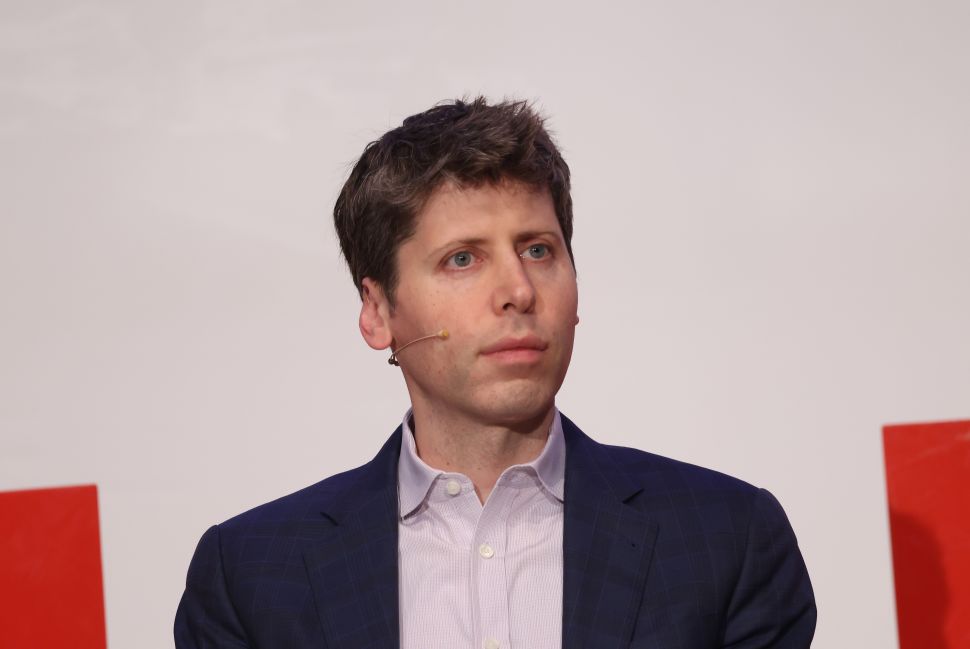The average American can expect to live about 77 years, according to the Centers for Disease Control and Prevention. Retro Biosciences, a longevity startup backed by OpenAI CEO Sam Altman, aims to raise that number to 87 through cutting-edge medical research.
Based in Redwood City, Calif., the company is leveraging recent breakthroughs in blood stem cell science from Australia’s Murdoch Children’s Research Institute (MCRI) as part of its mission to extend human life by a decade. Alongside advancing critical work in blood research, Retro Biosciences says its licensing of MCRI’s discoveries could eventually support longer, healthier lifespans.
In a major step forward last year, MCRI researchers successfully generated blood stem cells from human cells—a breakthrough that could one day produce perfect cell matches for patients in need of blood stem cell or bone marrow transplants, helping avoid complications caused by mismatched donors. Now, through a $35 million partnership, Retro is licensing that research to create new therapies for blood disorders such as leukemia and bone marrow failure.
“By joining forces with Retro Biosciences, we are now on our way to providing personalized, patient-specific blood stem cells to treat children and adults with blood diseases,” said Elizabeth Ng, an associate professor at MCRI whose team led the discovery, in a statement. The goal is to advance the work to first-in-human clinical trials within five years, she added.
What is Retro Biosciences?
Founded in 2021, Retro Biosciences is developing biotechnology to combat aging and age-related diseases, using approaches like cellular reprogramming and protein engineering. Its bold aim to turn back the biological clock by a decade caught the attention of Altman, who initially invested $180 million in the startup. Retro is now seeking to raise an additional $1 billion from Altman, along with support from family offices, venture capital firms and sovereign wealth funds.
Retro believes MCRI’s stem cell technology could significantly accelerate the company’s regenerative anti-aging therapies. “We immediately saw the potential for sustaining a healthy blood system into late life,” said CEO Joe Betts-LaCroix in a statement, recalling the moment his team learned of the institute’s discovery.
Beyond blood research, the company is also working on brain cell regeneration and developing an Alzheimer’s treatment that is expected to enter early-stage trials in Australia later this year. It has also teamed up with OpenAI to create an A.I. model designed to reverse aging by engineering proteins that temporarily reprogram regular cells into stem cells.
Altman’s involvement with Retro runs deep. He reportedly helped Betts-LaCroix shape the company’s ten-year longevity goal during an off-site retreat at Altman’s ranch in Napa Valley, according to Endpoint News. Betts-LaCroix, in turn, is said to call Altman nearly every week to share updates on internal staff memos.

